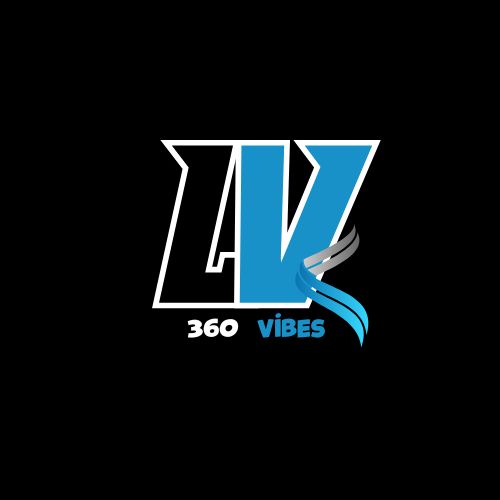Education plays an important role in shaping the future of societies. However, with the increasing competitiveness in academics, particularly in fields like engineering and medicine, traditional schooling is often not enough for students aspiring to crack rigorous entrance exams. This is where the concept of “dummy school” comes into play, providing a unique approach to education tailored to such high-stakes ambitions.

Understanding Dummy School
A dummy school is an educational setup where students are officially enrolled in a school but are not required to attend regular classes. Instead, they focus primarily on their preparation for competitive entrance exams like the JEE (Joint Entrance Examination), NEET (National Eligibility cum Entrance Test), or other national-level tests. The school typically manages the students’ attendance and academic requirements on paper, allowing them the flexibility to dedicate most of their time to specialized coaching institutes or self-study.
This system is particularly popular in countries like India, where academic competition is fierce, and success in entrance exams is often seen as a gateway to prestigious colleges and lucrative careers.
How Dummy Schools Work
- Enrollment and Attendance: Students enroll in a dummy school, which ensures their registration with the appropriate educational boards. The school maintains attendance records and fulfills the formalities required for board examinations without requiring the student to be physically present for daily classes.
- Focus on Coaching: Students devote their time to coaching institutes or online platforms that specialize in preparing them for entrance exams. These institutes provide intensive training, mock tests, and a curriculum designed to meet the demands of competitive exams.
- Board Exams Preparation: While the primary focus remains on entrance exams, dummy schools also provide minimal support for board exam preparation. Students may receive study material or attend occasional sessions to ensure they perform adequately in board exams.
Advantages of Dummy Schools
- Time Management: Dummy schools eliminate the need to attend regular school classes, allowing students to allocate more time to targeted preparation for competitive exams.
- Specialized Training: With fewer distractions, students can immerse themselves in rigorous coaching programs designed specifically for entrance exams.
- Reduced Stress: By focusing solely on exam preparation, students may feel less overwhelmed by the dual demands of regular school academics and competitive exam preparation.
- Flexibility: Students have the freedom to choose their study schedule, which can be tailored to their strengths and weaknesses.
Criticisms and Challenges
- Limited Holistic Development: Traditional schools offer a range of extracurricular activities, social interactions, and opportunities for personal growth. Dummy schools, by their nature, lack these elements, which can impact a student’s overall development.
- Pressure to Perform: The singular focus on entrance exams can lead to immense pressure, causing stress and anxiety among students.
- Lack of Regular Academic Guidance: In some cases, students may miss out on foundational knowledge provided by traditional schooling, which could be essential for future academic pursuits.
- Ethical Concerns: Critics argue that dummy schools operate in a gray area, bending the rules of formal education to cater to specific demands.
Is Dummy School the Right Choice?
Choosing a dummy school depends on a student’s career goals, learning style, and ability to manage self-directed study. It is ideal for those who are certain about pursuing competitive exams and can maintain focus without the structure of a traditional school. However, students and parents must weigh the pros and cons carefully before opting for this route.
Conclusion
Dummy schools represent a pragmatic approach to education in today’s competitive landscape. While they offer significant benefits for exam-focused students, it is crucial to address their limitations and ensure that education remains holistic and balanced. Ultimately, the choice of a dummy school should align with the student’s aspirations and well-being, fostering both academic success and personal growth.

